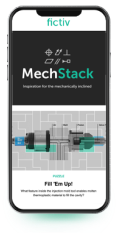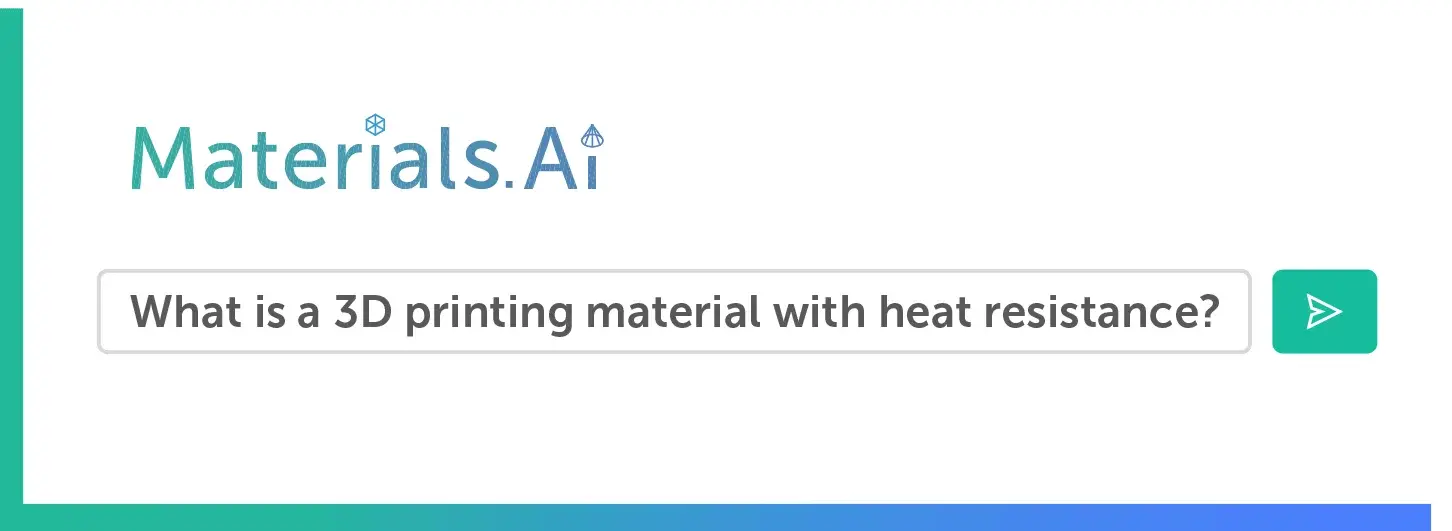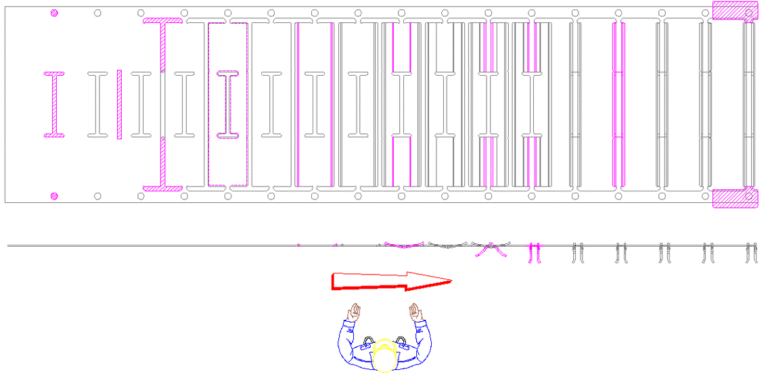Time to read: 4 min
Let’s face it, engineers aren’t often known for their people skills. In fact, there is a connotation with engineering professionals that says we’re socially awkward, introverted, and just plain nerdy. Now there may be some truth to that — in my decade as an engineer, I have had many many awkward meetings, elevator rides, and water cooler conversations with my fellow engineers. I’ve even witnessed engineers refuse to present for design reviews or investigation results.
While we’re known for our technical skills and industry expertise, engineers should also strive to have great people skills. Emotional intelligence (or interpersonal intelligence) is just as important as logical-mathematical intelligence in the workplace. Engineers who can effectively communicate and collaborate with others will be more successful in their careers and able to drive innovation and growth within their organizations.
Developing people skills as an engineer can be challenging, but it’s essential to your professional growth and success. Here are some ways to improve your people skills as an engineer:
1. Practice Effective Communication

Why it’s important:
Engineers often work on cross-functional teams of people from diverse backgrounds, skill sets, and technical capabilities. Being able to explain technical information to someone with a high skill level or someone without any technical knowledge is equally important. Often, engineers come off as arrogant in their communication because they don’t adjust the way they speak for their audience — they either overestimate or underestimate the audience’s knowledge.
Tips for effective communication:
Whether you’ re an engineering student or an engineer with 10 years of experience, practice makes perfect. Consider joining a club or your colleagues for after-hours social activities — and practice your communication skills with friends and family. I find that explaining concepts to someone who is not familiar with them provides a good learning experience for both parties.
Listening is more important than speaking during a conversation, so ask your conversation partners if they’re familiar with a topic or technology prior to discussing it. Gauge their knowledge and tailor your discussion based on their level of interest and their level of previous education or experience on the topic.
2. Build relationships

Why it’s important:
Your next best friend may be in the cubicle next to you — I’ve forged lifelong friendships with coworkers and those relationships helped to facilitate teamwork and trust.
Tips for building relationships:
Note what your coworkers are interested in and ask them about their interests — especially for coworkers with pets and kids — then utilize active listening when interacting with them. Be honest. Be respectful. And remember, listening is more important than talking in a conversation because people like to be heard.
3. Be a team player

Why it’s Important:
Cross-functional and teamwork have been popular buzzwords in office settings for many years. Being a team player is more important now than ever, due to a hybrid work environment that spans homes, office buildings, countries, and even continents now that remote work is possible. You may work with team members on the other side of the world or people just a few cities away, and those people will come from varied departments and backgrounds.
Tips for being a team player:
Positive attitudes go a long way in a group environment — kindness is contagious! Other than that, be supportive and respectful to your team members in how you communicate with them.
4. Show leadership

Why it’s Important:
Experienced engineers will tell you that their coworkers look to them in times of crisis. Providing a confident, supportive, and logical point of view is one of the most important ways you can collaborate effectively with your coworkers.
Tips for improving leadership skills:
Don’t be afraid to volunteer to manage a new project, you never know if you have natural leadership capabilities unless you try. Take professional courses on leadership or ask a leader in your company to allow you to mentor them and learn from their experience.
5. Network

Networking is an important part of any profession, and engineers are no exception. Networking allows you to meet new people, learn about new opportunities, and stay up-to-date with the latest developments in your field.
Why it’s Important:
Networking is a pivotal part of any career and engineering is no exception. Engineers work better as part of a team and bouncing ideas off engineers from other companies (as long as you don’t share any proprietary information!) or venting about work struggles is a great way to build relationships. And those relationships come in handy when you need parts from an acquaintance, to recruit new talent for your company, or even when trying to sell your products.
Tips for networking:
Attend networking events put on by local businesses or organizations. Attend webinars (Fictiv hosts several webinars per year) to get some face time to network live without leaving the comfort of your office. Lastly, join a professional group that interests you, like ASME, SAE, or ASQ.
Conclusion
Developing people skills as an engineer is essential for professional growth and development, even though it can be time-consuming and difficult. Now that you have our top tips for building people skills, you are better equipped to step out of your comfort zone and get to know some new folks! Like most things in life, it’s a continuous learning process, but improving your people skills will make you a more successful engineer.
Complex Parts at Ridiculous Speeds – Start Your Next Project With Fictiv
If you find yourself in need of custom parts, but haven’t been able to find what you need (even with your improved people skills), Fictiv can help! For all your 3D printing, injection molding, urethane casting, CNC machining, and finishing needs, Fictiv has you covered.
We’re experts at producing custom-machined tight tolerance parts, in a variety of materials, and we simplify custom part sourcing with intelligent, streamlined, automated workflows. Fictiv is your operating system for custom manufacturing that makes part procurement faster, easier, and more efficient.
Create an account and upload your part to see what our instant quote process, design for manufacturability feedback, and intelligent platform can do for you.










